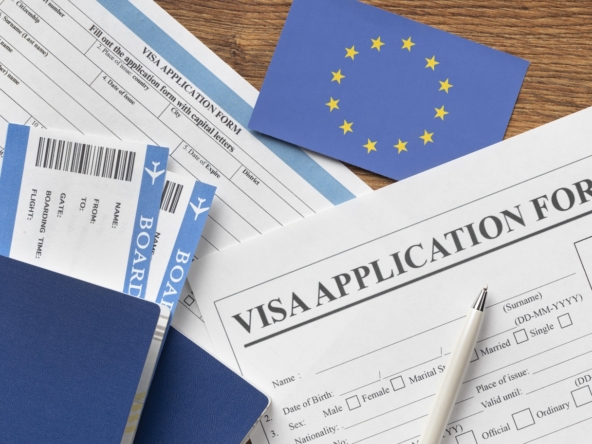Buy a Hotel in Italy: legal aspects of investing in a hotel business in Italy
There is a plethora of laws, regulations and codes to consider before becoming or for that matter being a hotelier. There is a minefield of bureaucracy to understand, ranging from licensing rules to food hygiene and fire regulations. Ignorance is no excuse in the eyes of the law if something goes wrong. The cost to remedy breaches of the law can range from criminal and civil actions (including fines) and even imprisonment for more serious breaches. Below, are just a few examples of legal matters to which any hotelier must adhere.
A. Employment Matters
(…)
In the hospitality sector, national federations of labour unions pensions and employers’ organisations are signatories to national collective bargaining agreements. The terms constitute effective de minimis standard employment provisions which apply regardless of whether the particular parties to the relevant employment contract are members of the local branch of national signatory federations. In November 2005, a supplementary health assistance plan was also created for employees and workers of the tourism sector. Under its health plan, subscription fees for full-time and part-time employees must be fully borne by employers alone.
B. Health and Safety
(…)
Hotel management must exercise reasonable care in the health and safety aspects of the hotel premises for the benefit of their guests. Management must ensure the cleanliness of premises and rooms. It must ensure fire safety for the protection of lodging guests. In particular, careful and regular evaluation of the fire alarm, sprinkler, and extinguishing systems, fire prevention and containment, safe and adequate egress, electrical safety and employee training in fire safety must all be undertaken. Maintenance and inspections of heating and air-conditioning systems must also be carried out regularly so as to ensure appropriate indoor air quality. Hotels are also required to identify and evaluate safety and health hazards so as to implement mitigation remedies and programs.
Pursuant to public places anti-smoking legislation, hotel common areas(e.g. lobby, restaurant, convention hall, etc.) must be smoke-free.
Smoking is only allowed in special sealed-off areas fitted with smoke extractors and inside hotel suites reserved for smoking guests. Hotels are also required to ensure good disabled access facilities and to remove any physical barriers making it difficult for disabled users to access hotel premises and services.
C. Environment and Waste Matters
(…)
Hotels have to meet specific legal requirements pertaining to the separate collection and treatment of solid, organic and liquid waste; treatment and disposal of used oils, fats and hazardous waste (if any); waste water and sewerage system plant and disposal. For this purpose, hotels are bound to draft and implement a waste management program detailing selection, storage and disposal criteria and methods to follow. Hotels must also comply with applicable rules pertaining to noise. Plant rooms, kitchens and laundries, waste management areas (including compactors), garages, discotheques and lobby areas must not exceed decibel limits as stated by law.
D. Food, Beverages and Hygiene
(…)
Where a bar/restaurant service is operated, hotels are required to adopt an internal HACCP auto-control system (Hazard Analysis and Critical Control Points) and a code of correct hygiene practice whereby responsibilities, standards and processes are carefully established to ensure that food and drink handling, preparation, storage and delivery as well as health & safety conditions of related hotel facilities and workers comply with EU and domestic regulations. In particular, food handling, preparation and storage, must avoid or minimise their impact on guests’ health, including food poisoning or the transmission of other diseases. Regular and unscheduled inspections are generally made by local health authorities to verify compliance with these legal requirements.
SUMMARY
This article summarises just a few of the key statutes and regulations hoteliers need to think about whether getting started or achieving a legally compliant and well-run hotel. It is important to ensure that you are fully aware of all other laws related to your individual situation and how they may apply to your plans. A hotel business will thrive if all these factors are well managed because guests will always recommend a well-run establishment.
(www.giambronelaw.com)




